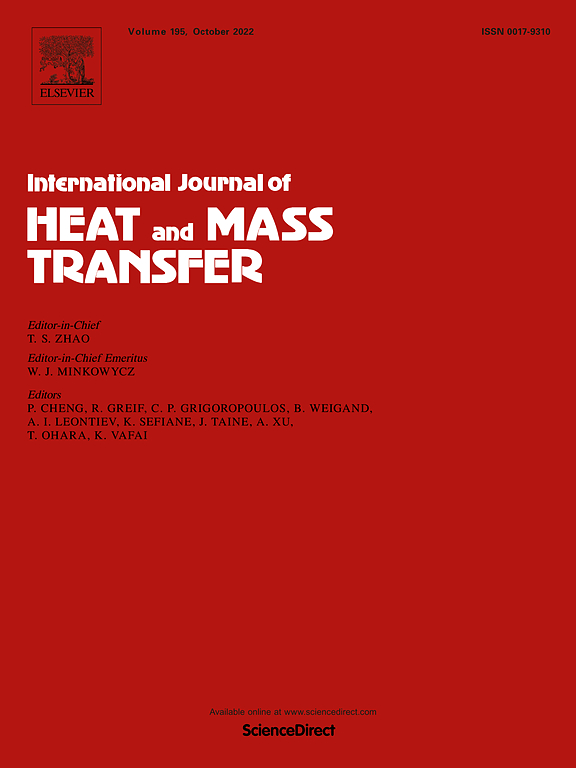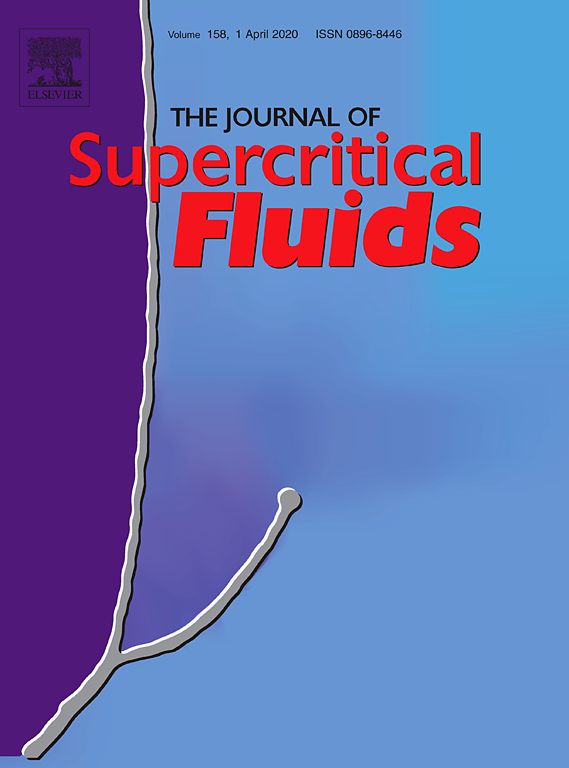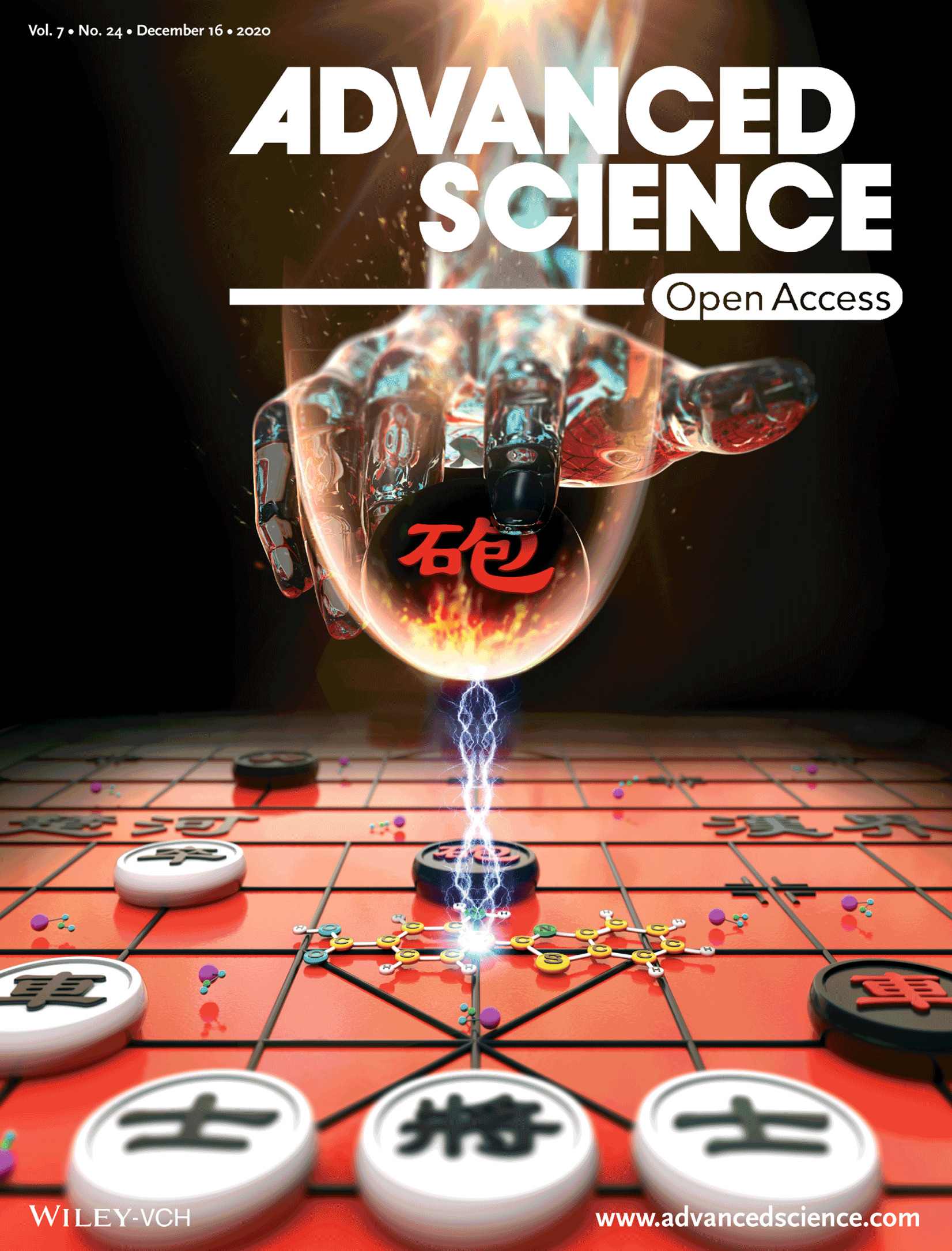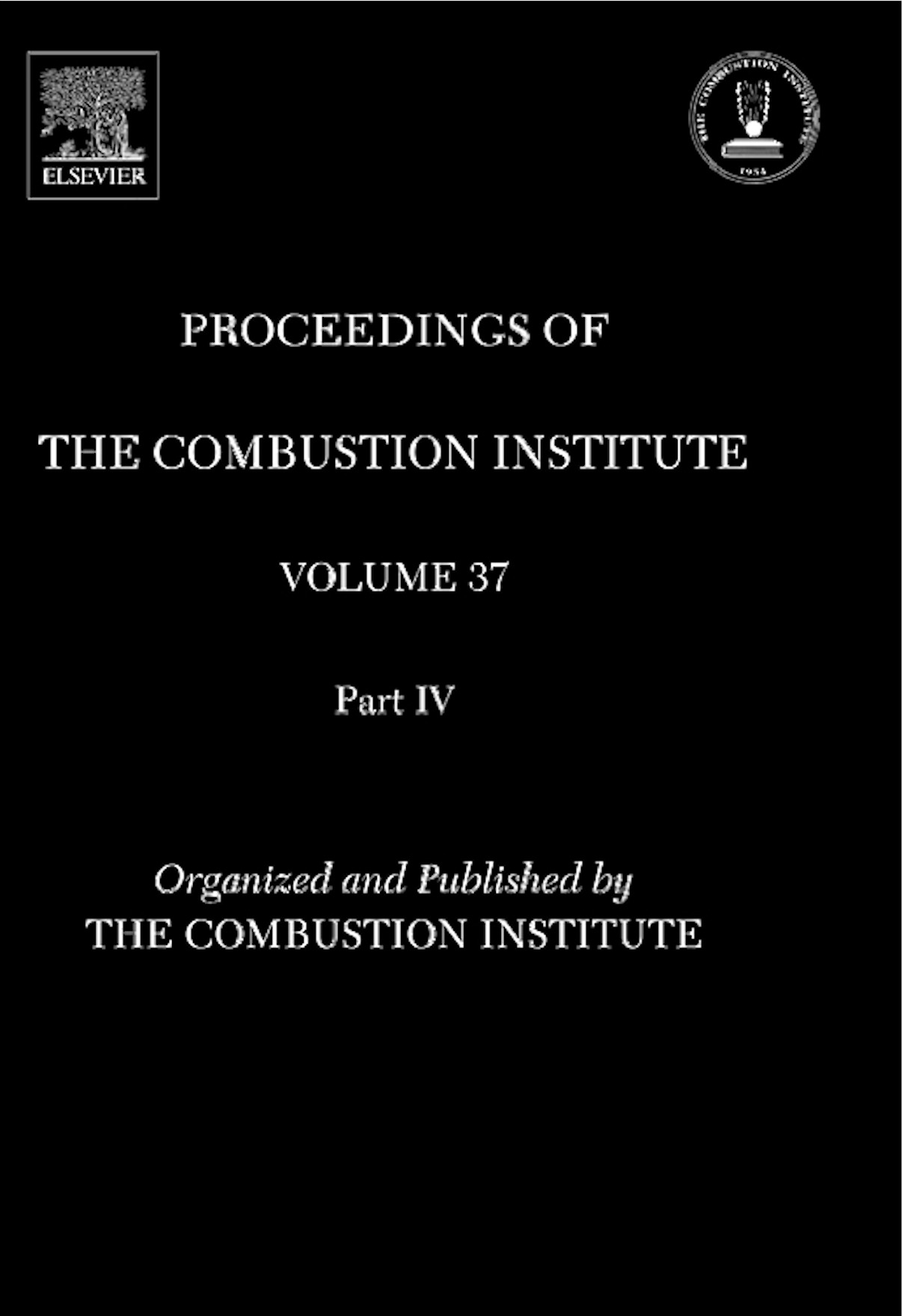News
07/25/2022 | Paper on high-pressure heat transfer
The paper "Dataset of wall-resolved large eddy simulations turbulent pseudo-boiling in cryogenic hydrogen pipe flows" was accepted for publication in the AIAA Journal of Thermophysics and Heat Transfer. Very excited to see this published, under leaderiship from Giuseppe, and glad that we were on board with this!
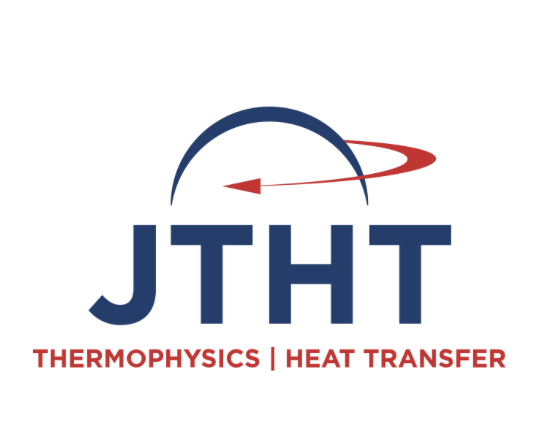
06/28/2022 | Joe's defense!
So happy to finally see Joe's defense! He developed a solid state selector valve for extended range Venturi flow meters, using additive manufacturing, without any moving part. Great work, true engineering. Congratulations, well done!

06/01/2022 | Air Force funding for rocket injection studies
Our proposal "A new paradigm for transcritical injection simulations and understanding" got chosen for funding from the Air Force Office of Scientific Research, within the DEPSCoR program. Together with the Propulsion Research Center of the University of Alabama, Hunstville, we will study new models and properties of transcritical injection over the next three years.
I am particularly exicited about the experiments to be performed in Huntsville - you can never have enough well-documented test cases for us numericicts!
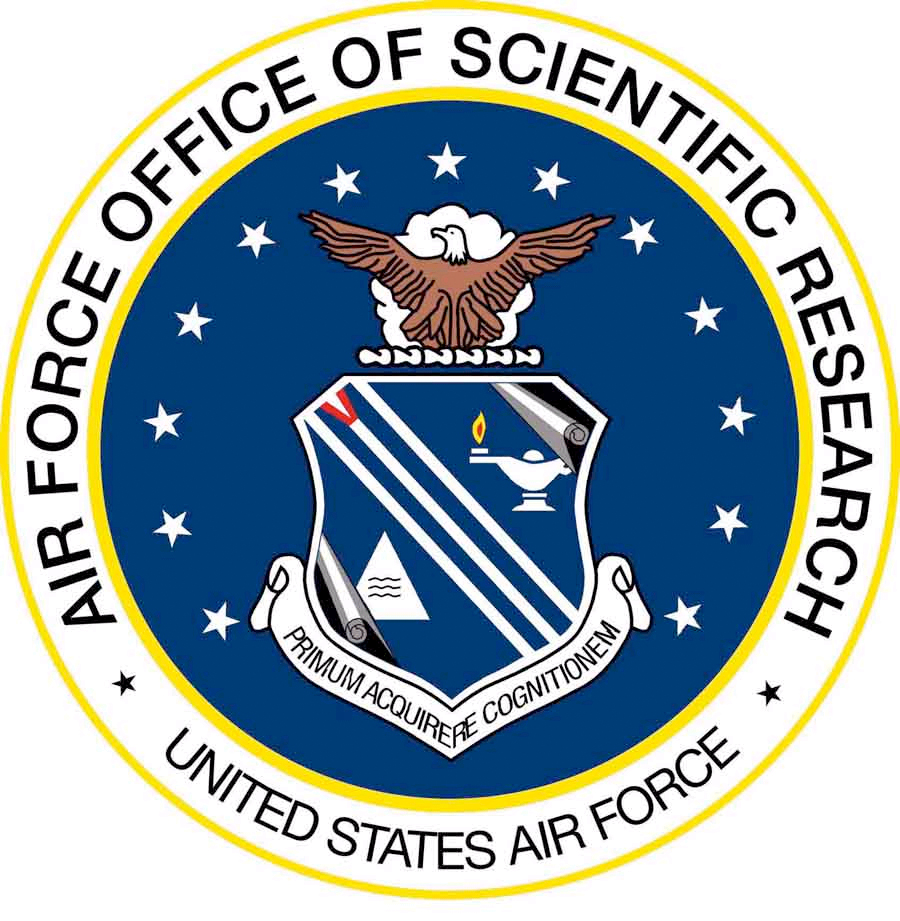
04/19/2022 | Paper on supercritical boiling crisis
Very happy to have "Onset of heat transfer deterioration caused by pseudo-boiling in CO2 laminar boundary layers" published in the International Journal of Heat and Mass Transfer. Heat transfer deterioration is a long discussed phenomenon, attributed to turbulence mitigation and buoyancy given the lack of a true phase transition that we see in the subcritical boiling crisis. However, in this paper, Nelson and I show that thermodynamic pseudo boiling is after all a sufficient mechanism to cause heat transfer deterioration!01/07/2022 | AIAA SciTech Conference
Again three papers at SciTech, good work Nelson and Giuseppe! Super exciting to finally return to in-person conferences.
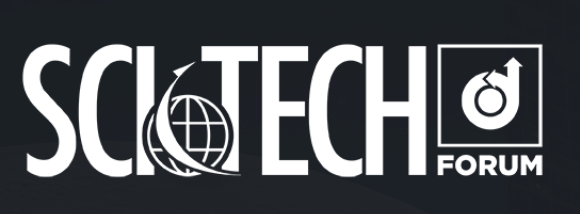
12/21/2021 | Paper on critical point thermodynamics
The Hybrid Ergodic Lattice Gas model (HELGa) is a very simple Ising-like lattice gas model for critical fluids. Amazingly, it matches fluid properties (density, pressure) much better than the Peng Robinson equation of state, while simultaneously providing information about the molecular structure. It turns out that the critical point is the state, at which molecular clusters coalesce into a single supercluster.
08/09/2021 | Paper on wildfire simulations
Thrilled about this work on wildfire modeling, from branches to whole weather systems! [article]
The paper is, again, the result of an interesting collaboration across continents and disciplines, and it was a great pleasure to work in this.
The article has received some attention, including some news coverage, and being included in the conference Technical Papers trailer more info here.
05/15/2021 | Congratulations, class of 2021!
Congratulations to all graduates in 2021, what a weird year for you to finish your studies. In particular, it's great to see that Nelson Longmire, Sara D'Angelico, and Isaiah Sanchez finished their BSc. Congratulations!
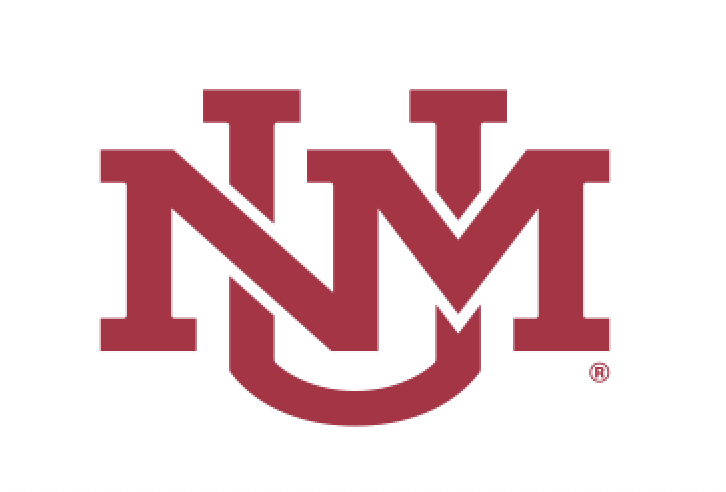
03/01/2021 | Welcome to Albuquerque, Giuseppe!
Super excited to welcome Giuseppe Indelicato to the tfx lab! Giuseppe is a PhD student at Sapienza University, Rome, and will work with us on simulations of heat transfer to supercritical fluids. Looking forward to this!
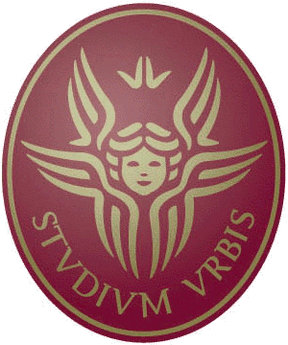
01/11/2021 | AIAA SciTech Conference
Three papers in this year's AIAA SciTech conference! I am proud of my undergrads Nelson Longmire and Bethany Peña with their papers on supercritical heat transfer and reinforcement learning in uncertain environments. Good work!

12/16/2020 | Paper on water pseudo boiling
Our new paper "Thermodynamics and Dynamics of Supercritical Water Pseudo‐Boiling" is the outcome of a great international collaboration, combining experimental, numerical, and theoretical analysis to understand supercritical water pseudo boiling.
Published in Advanced Science (IF 15.84), we could link the arrangement of water molecules to pseudo boiling, hopefully kicking off various follow-up questions. [article]
12/13/2020 | Paper on cloud dynamics modeling
I am very excited about our paper "Stormscapes: simulating cloud dynamics in the now", published in the ACM Transactions on Graphics (IF 6.495), and presented at SIGGRAPH Asia! [article]
The paper is the result of an interesting collaboration across continents and disciplines, and it was a great pleasure to work in this.
The article was even one of the ten featured papers in the SIGGRAPH Asia 2020 Technical Papers Trailer .
10/21/2020 | Paper on combustion instabilities in rockets
Our paper "Experimental and numerical study of transcritical oxygen-hydrogen rocket flame response to transverse acoustic excitation" is now available in the Proceedings of the Combustion Institute (IF 5.627)! [article]
This paper is the culmination of a multi-year effort across a number of institutions, with an exciting joint analysis of transcritical injection experiments and simulations.
07/30/2020 | Rocket science with NASA MSFC
I am very excited that a cooperative agreement with the NASA Marshall Space Flight Center was granted on "Next-Gen Real Fluid Modeling for Subcritical and Supercritical Injection in Rocket Engines"!
In cooperation with the NASA rocket engine analysis group in Huntsville, AL, we will work on finding new approaches to the simulation of flows in rocket engines. These flows are characterized by extremely high pressures, in which classical fluid mechanics models (ideal gas or incompressible) no longer hold. Instead, more elaborate equations of state are required, with unique implications, which we intend to study in this project.

07/15/2020 | Editorial Board Journal of Supercritical Fluids
It is a great honor to have been invited to join the editorial board of The Journal of Supercritical Fluids, an Elsevier journal (IF 3.744) dedicated to fluids at extreme conditions.
The Journal of Supercritical Fluids is the only journal to cover both fundamentals and applications of supercritical fluids, thus catering to chemists as much as to aerospace engineers.
I am personally convinced that only a study of the fundamentals allows us to actually develop an understanding of supercritical fluid behavior in propulsion and energy applications, and The Journal of Supercritical Fluids is the only venue where this combination is fostered. Looking forward to this exciting new challenge!
06/15/2020 | Paper on supercritical phase transitions
Our paper "Between supercritical liquids and gases – reconciling dynamic and thermodynamic state transitions" has been accepted for publication in the Journal of Supercritical Fluids (IF 3.744)! [article]
In a cooperation with Stanford, we discuss supercritical liquid--gas transitions and introduce the curvature of the Gibbs enthalpy as a criterion for higher order phase transition, introducing the first physical criterion for the Widom line.
Finally, we can show that experiments previously attributed to the Widom line actually match the Frenkel line better.
05/15/2020 | Congratulations, class of 2020!
Our semester formally closed with the SOE Graduation, and I congratulate all of you, wishing you fun, luck, and success on your path.
Clearly, we all had hoped for quite a different development and conclusion of this semester, and I am impressed by how seemingly seemless the transition to an online-based class worked out. Clearly, it was not seemless, and you all worked hard to make this work at all.
Now go out, be open to adventure! Try something new!

03/16/2020 | Online teaching with KalturaCapture & iPad
I enjoy doing my classes using a combination of powerpoint and derivations at the whiteboard. Powerpoint is often a welcome break for the students, and I can use it to show some pictures or diagrams. Personally, I find math on powerpoint hard to follow, so I like to develop equations in real time, which gives me the opportunity to explain any term.
Switching to online classes now brought up the problem of how I can keep doing this on my computer. The kluge I came up with for an Apple ecosystem may not be elegant, but it solves my problem almost perfectly: Through UNM, I have access to KalturaCapture, which I use to record part of my screen while I speak into an external microphone. The defined rectangle on my screen that is recorded then becomes the stage: I can have a powerpoint window underneath and flip through slides, or I could drag a youtube video into that area.
The most difficult part was to get a whiteboard: what I do is I hook up the cheapest current iPad with an Apple pencil to my Mac using a USB cable. Then, QuickTimePlayer allows to mirror the iPad screen to my computer (File -> New Movie Recording -> then choose iPad as camera on the little menu on the right of the red record button), and I can drag this window into my 'stage' as well. I ended up just using the standard Notes app; I can use different colors, and I have infinite scroll which reminds me of the old overhead projector classes I used to take in college. I can then go back to show some previous equations.
So far so good!
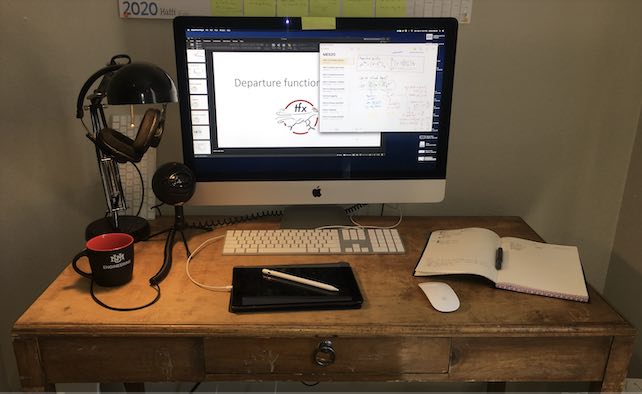
03/08/2020 | UNM RAC Grant
Great news! The tfx-lab has been awarded a RAC (Research Allocation Committee) grant of UNM. The goal of these grants is to allow groups to explore new and/or interdisciplinary research directions, which would be hard to fund without prior demonstration of the ideas. We will use the money to explore a new direction at the intersection of computer science/engineering/and wildfires. I am excited, stay tuned!

01/21/2020 | Advanced Thermodynamics, with rockets!
I'm excited to teach this spring's ME520 Advanced Thermodynamics - with rockets! Ever wondered what you need Gibbs enthalpy, fugacity, phase stability, and Peng-Robinson's equation of state for as a mechanical engineer? Easy, if you're interested in power generation or rocket science! You'll need all of this to understand, analyze, and design high-pressure fluid systems. While this will involve some abstract fundamentals, the applications are very exciting. I plan to teach this the way I wished someone had given me an introduction back when I started modeling rocket combustion chambers at the German Aerospace Center, with a healthy dose of Python and Jupyter notebooks.
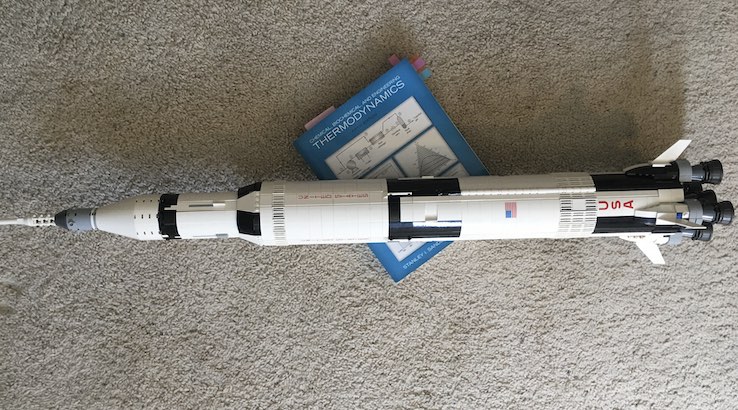
01/06-01/10/2020 | AIAA SciTech Conference
Great conference again, this year's AIAA SciTech in Orlando. Met a lot of old friends, and found some new. The presentation of two papers was well received, and spawned some interesting discussions. Next year in Nashville!

